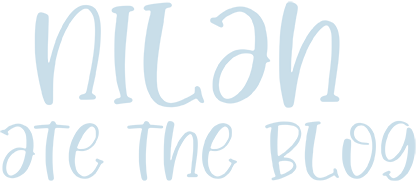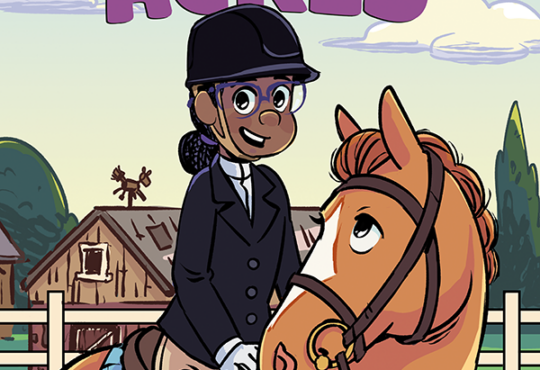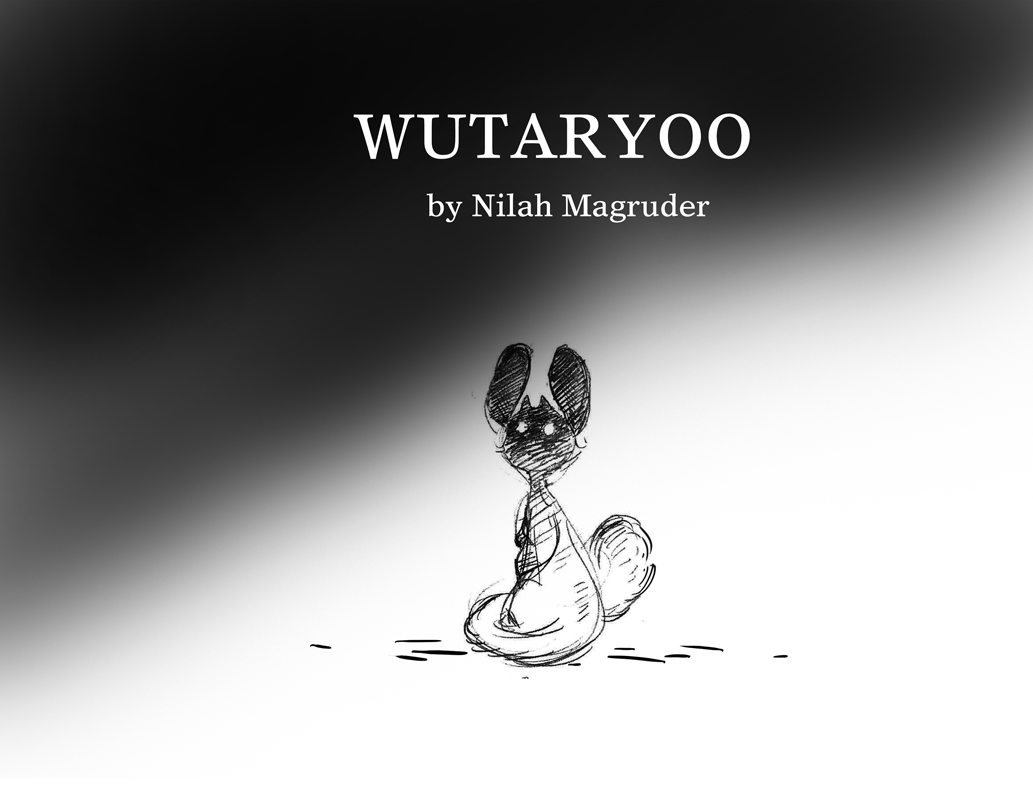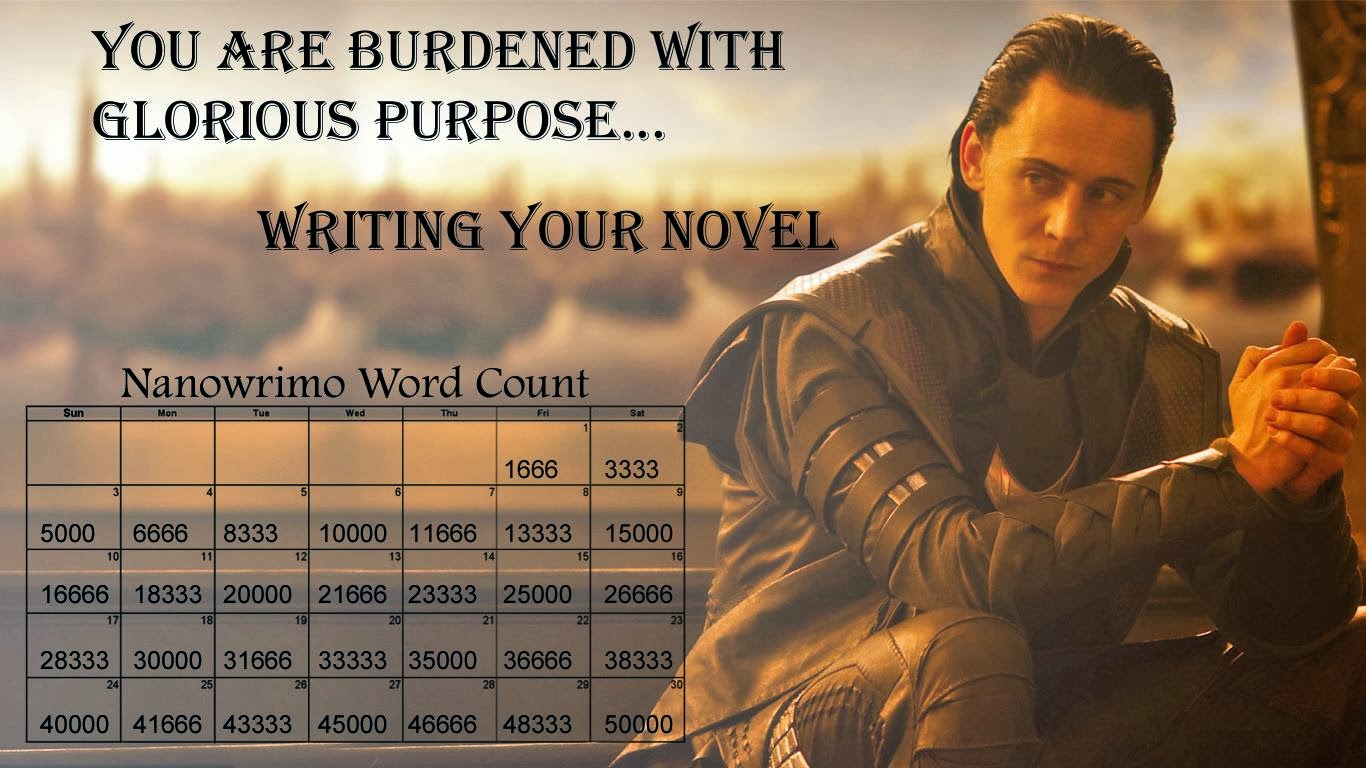
Tricking My Way Through NaNoWriMo
Note: I originally wrote this post in 2013 for another blog, but I still find the contents to reflect my own approach to NaNoWriMo, so I’m reviving the post here on my own blog.
Welp, it’s almost November, which for me means it’s almost time for National Novel Writing Month. This time of year, you may see or hear “NaNoWriMo” thrown about pretty frequently. Established in 1999 by a group of writers who for some reason thought there was no better way to spend November than by abandoning sleep and social interaction for copious amounts of coffee and cramped fingers, NaNoWriMo has since become an international sensation. As I type this, this year’s participants total nearly 300,000 worldwide.
The rules are simple: write one 50,000-word novel in 30 days.
50,000 words in a month amounts to about 1,667 words a day, and hitting that word count every single day is hard. I’ve found the best way to get my butt in the seat and my mind on the blank page is by tricking myself into it. Here are my four best tricks:
Write the Crappy American Novel
When I’m hung up on making every line poetry, I end up spending all my time thinking and second-guessing without ever putting down words. So I simply tell myself, “Don’t make it good. Make it crappy.” I’m not sure yet if I can write a good novel, but I’m fully confident in my ability to write a crappy novel. I don’t worry about form or flow or knowing every detail about my characters or tying up all the loose ends: I just focus on getting words on the page. This is the first draft, after all. The *real* writing is in the rewriting, and I don’t need to think about that until after November.
November is Experimentation Time
I’ve found that NaNo is great for those projects I’ve had on the back burner that I don’t quite know how to approach. I reserve this month for new ideas; barely coherent stories that I haven’t had a lot of time to develop. Then I try to hit them fast and dirty. I write up a loose outline just to give me a bit of direction, but I write with an open mind: if an unexpected path opens up before me, I allow myself to wander down. Sometimes it’s a dead end, and sometimes I’m surprised at what I find. Nothing’s off-limits, which makes it exciting and keeps me invested.
Shame Myself Into Staying Focused
We live in a world full of distractions and white noise. Sometimes it’s just really hard to get in the head space to write. Accountability is a great workaround for this. My friends periodically check in on me to ask about my word count. But if they’re not around or they forget, I can always rely on the Internet.
That’s right: one of the biggest distractions for writers also provides a few clever services that help writers stay focused. My favorite is 750 Words. It keeps track of your word count, and when you hit 750, it unlocks a page of stats it’s been recording on what you’ve written. One of those stats is the number of times you’ve been distracted for more than five minutes. I feel bad if that number’s more than zero, so it pressures me to at least get 750 words down before I let myself glance at Twitter or get up to grab a snack.
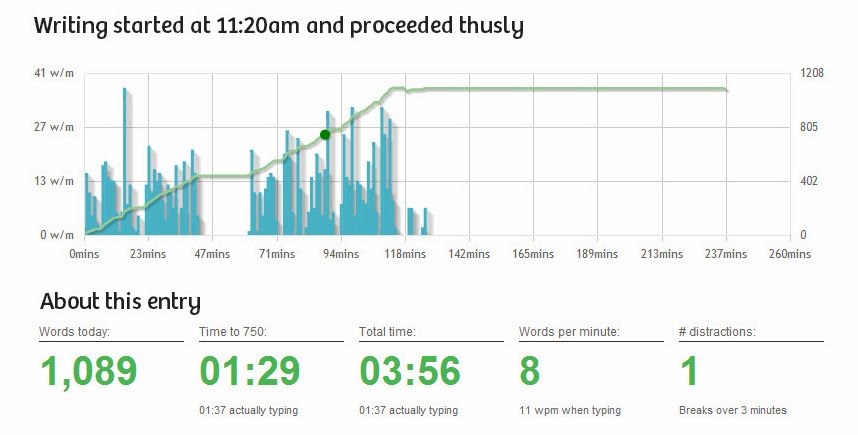 Of course after 750 words you’re on your own to stay focused. But still, it’s a good initial kick in the rear!
Of course after 750 words you’re on your own to stay focused. But still, it’s a good initial kick in the rear!
“It Will All Be Over Soon…”
When all else fails, reciting this mantra keeps me going. I’m not sure if I could write 1,667 words a day for the rest of my life. But one month? That’s just 30 days. Four weeks. It’s challenging to find time in the course of a busy day for two hours of writing, but I’m a little more inclined to try knowing that it’s temporary. We often trick ourselves into failure by looking at an obstacle and estimating it to be insurmountable. It’s much easier to break a task into manageable, bite-size pieces. I can write for 30 days—at least, I hope so. And then maybe when November’s done, after I’ve had a nice long break, I can look at a day here and there and tell myself: yes, I can get a little writing in. Maybe 500 words, or 1,000. Maybe 2,000, because I’ve done it before. It doesn’t have to be every single day. NaNoWriMo sets a pretty grueling schedule, but that’s why I like it. When you get to the end, you can look back at how far you’ve come, and know that the obstacle wasn’t so insurmountable after all. Then you’re able to look forward and know you’re capable of more than you were when you started.
So go forth, my little NaNolings, and write. There’s just a little more than half a month left, and it will all be over soon. Trick yourself into it, if it helps. And after that: keep writing!
